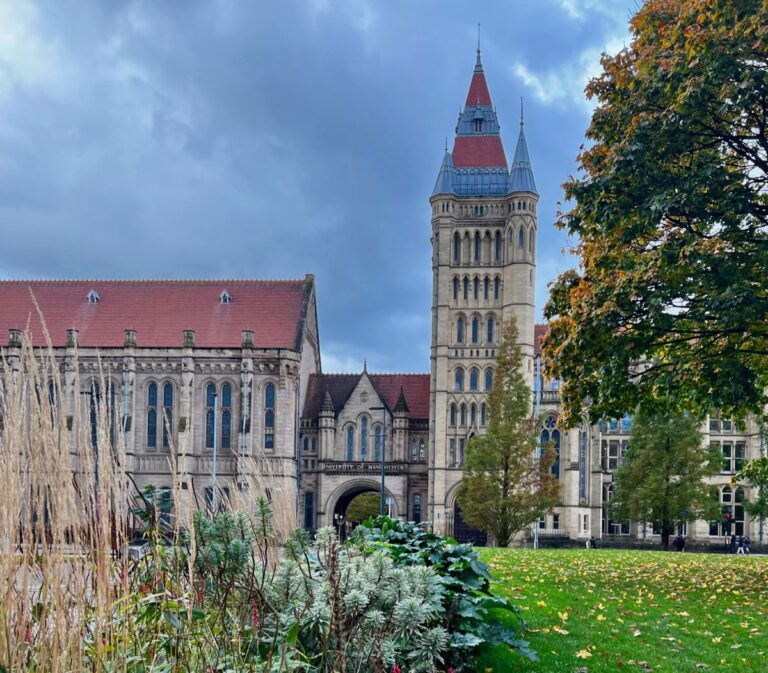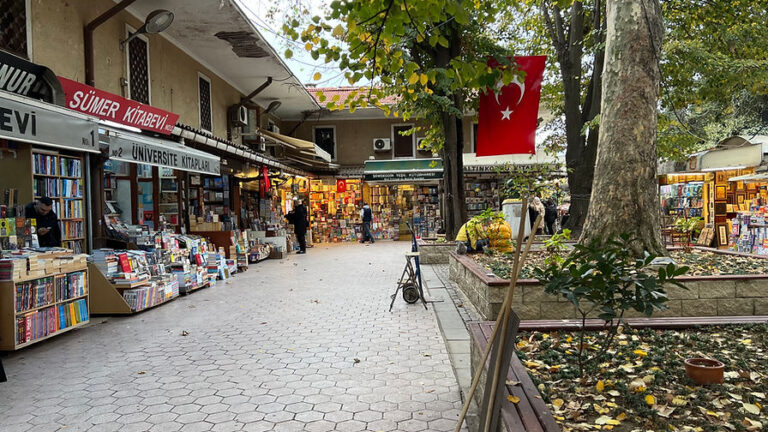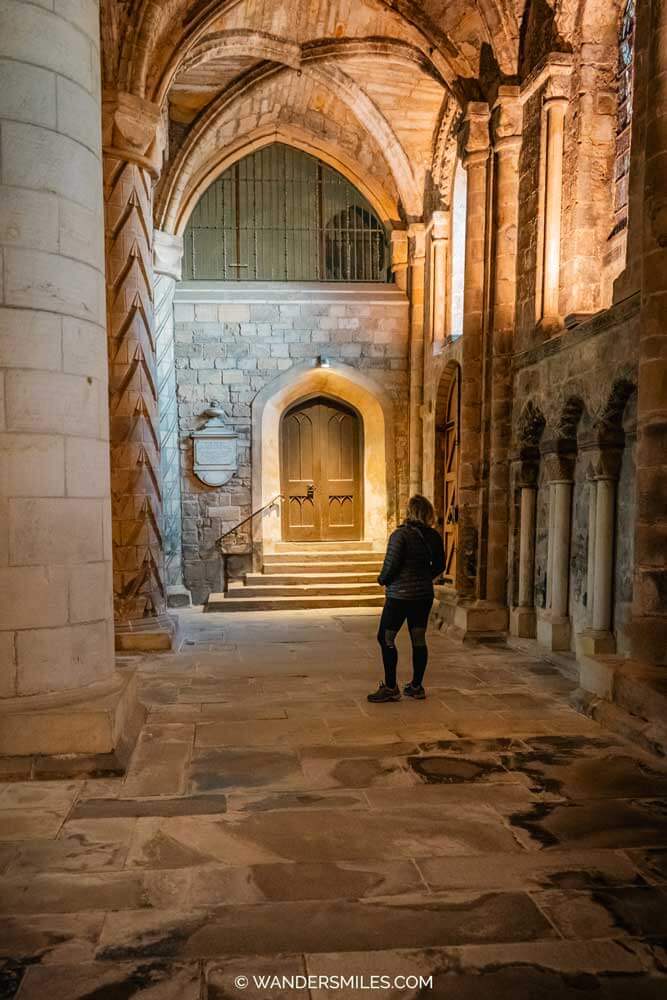NISHEL Travel Toiletry Bag for women, Portable Hanging Organizer for Travel-Sized Shampoo, Conditioner, Brushes Set, makeup Accessories, Medium Size, Pink
$16.19 (as of April 12, 2025 13:55 GMT +00:00 - More info)In preparation for the 2024 Summer Olympics, Paris has taken monumental steps to ensure the Games are the greenest and most inclusive yet. With a robust investment of $1.5 billion to clean the Seine River and the transformation of 95% of Olympic venues to utilize existing or reusable, renewable energy-powered structures, the city is set to welcome 10 million visitors with a commitment to sustainability. This effort aligns with the Paris Climate Agreement and the Olympics Agenda 2020, aiming to foster an eco-sustainable community featuring green spaces, bike paths, and renewable energy. Notably, the games will bring lasting benefits to areas like Seine-Saint-Denis, France’s poorest department, through new infrastructure and housing initiatives that promise social inclusion. While challenges and controversies exist, particularly concerning ecological impacts in Tahiti, Paris is focused on setting a new standard for sustainable tourism and urban transformation. Have you ever wondered how the Olympic Games could change the face of a city? Paris is gearing up to answer that question spectacularly in 2024. With an expected influx of 10 million visitors, the City of Lights is taking its commitment to sustainability and urban transformation very seriously. The 2024 Summer Olympics aim to be a landmark event, setting an impressive standard for future global gatherings. Let’s dive into how Paris plans to achieve this, transforming both its urban landscape and its approach to environmental responsibility.
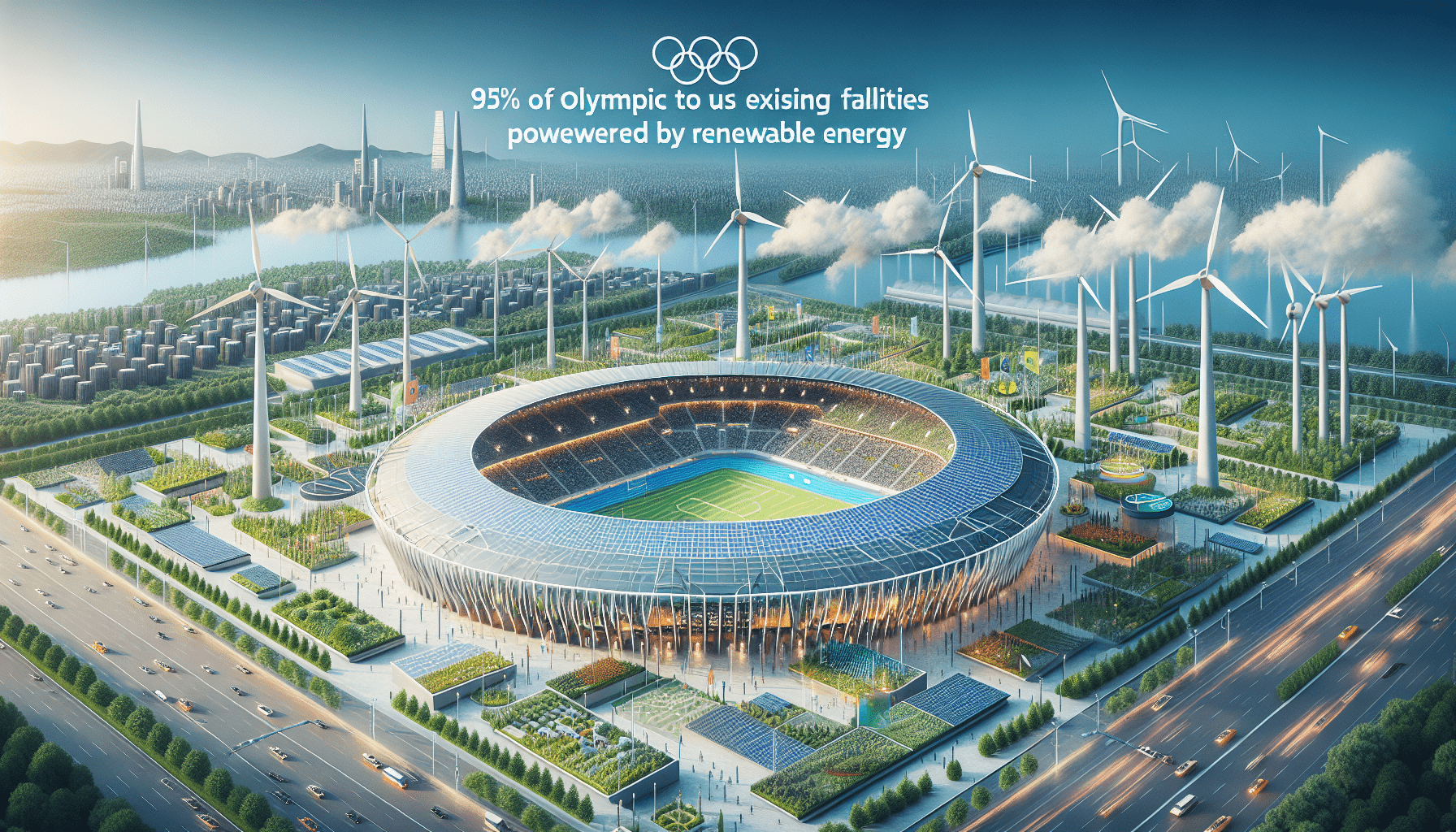
Search vacation packages & trips
A Historic Influx and Significant Investment
The Summer Olympics in Paris will attract approximately 10 million visitors, a substantial figure that could overwhelm city infrastructure if not meticulously planned. The preparation isn’t just about readying sport venues; it’s an all-encompassing effort to uplift the entire city and accommodate this massive influx of tourists.
A $1.5 Billion Clean-Up for the Seine River
One of the most ambitious aspects of Paris’s preparation is the $1.5 billion investment to clean up the Seine River. Imagine the Seine, historically iconic but practically unsuitable for swimming, becoming a place where people can dive in for the first time in a century. This initiative not only showcases Paris as a forward-thinking city but also emphasizes its commitment to environmental cleanliness and public health.
The First Games Aligned With Climate Agreements
Paris 2024 aims to bring the Olympic Games in line with the Paris Climate Agreement and the Olympics Agenda 2020, making it the first of its kind to integrate such high-level sustainability goals. This alignment is not just a feather in Paris’s cap; it serves as a blueprint for future host cities.
Venue Sustainability
One of the most remarkable commitments of the Paris 2024 Olympics is that 95% of Olympic venues will utilize existing facilities or reusable structures. This approach significantly reduces the environmental footprint associated with constructing new buildings and venues for a short-term event.
Existing Facilities Powered By Renewable Energy
The plan is to power these venues with renewable energy, setting a benchmark in how large-scale events can integrate sustainability at every level. This focus on renewable energy goes beyond just the games, offering long-term benefits to the city’s infrastructure.
Public Transport Accessibility
Additionally, all venues will be accessible via public transport. This effort not only lessens the environmental impact but also provides convenient, eco-friendly travel options for millions of visitors and local residents alike.
Transformative Impact on Seine-Saint-Denis
Seine-Saint-Denis, one of the poorest departments in France, stands to gain substantially from the Olympic Games. The economic investments and new infrastructure are expected to have a transformative impact on the community.
Olympic Village: A Model for Housing Transformation
The Olympic Village, for instance, will be repurposed into 2,800 permanent housing units by the end of 2025. Impressively, 25% of these will be reserved for social housing. This setup promises to support long-term, equitable development in the community.
Renovating Schools and Pools in Saint-Ouen
Investments will also target local amenities such as schools and swimming pools in Saint-Ouen. In addition, new commercial and educational facilities will be built, providing both immediate jobs and long-lasting improvements to the community’s quality of life.
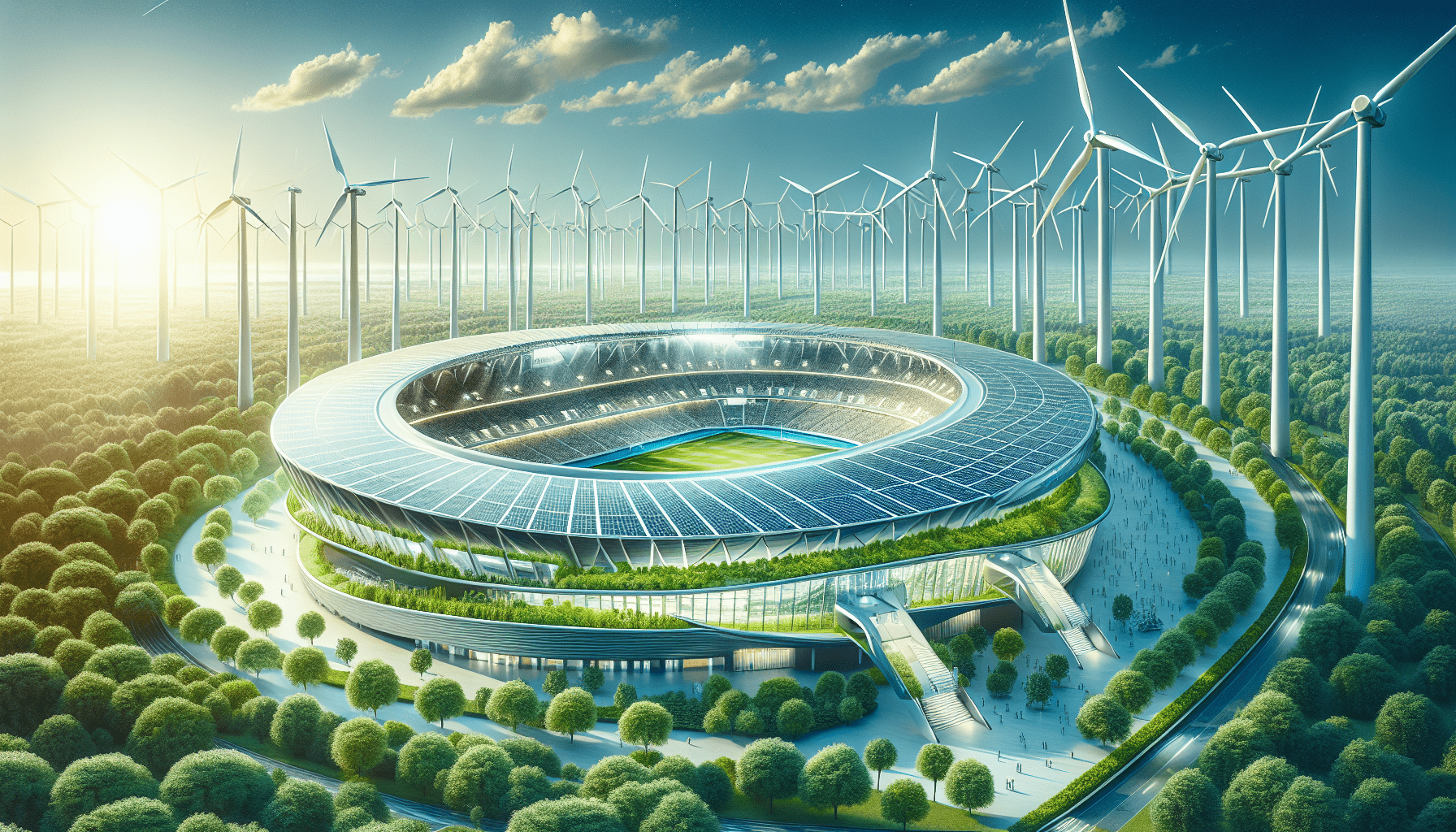
Top domestic vacation destinations
Building an Eco-Sustainable Community
Creating an eco-sustainable community is at the forefront of Paris’s vision for the 2024 Olympics. Green spaces, bike paths, and buildings powered by geothermal and solar energy are just the tip of the iceberg.
Green Spaces and Bike Paths
New green spaces will emerge, along with extensive bike paths, making it easier than ever for residents and visitors to enjoy eco-friendly transportation. These green areas will provide much-needed breathing space in the urban environment, contributing to both physical and mental well-being.
Renewable Energy-Powered Buildings
The emphasis on geothermal and solar energy ensures that new buildings are not only functional but also sustainable. By incorporating renewable energy, Paris is taking significant strides toward reducing its carbon footprint.
Addressing Controversies
While there is a lot to praise, the journey is not without its bumps. There are legitimate concerns and criticisms, especially regarding the environmental impact of some new constructions, such as the surfing venues in Tahiti.
Environmental Concerns in Tahiti
In Tahiti, there’s considerable worry about how the construction for surfing events might harm local ecosystems. It’s a reminder that even the most eco-conscious projects must balance development with environmental preservation. These concerns underscore the need for rigorous environmental assessments and transparent communication with local communities.
Long-Term Success: Beyond the Games
The true test of the Paris 2024 Olympics will be its legacy. The long-term success hinges on the effective deployment of post-Games infrastructure and ongoing support for vulnerable communities.
Effective Post-Games Deployment
The key here is to ensure that the new infrastructure — housing, schools, sports facilities — are effectively utilized well after the games conclude. This requires meticulous planning and continued investment to maintain these new assets.
Supporting Vulnerable Communities
Ensuring that vulnerable communities benefit from these developments is equally crucial. It’s about turning the Olympic Games into more than just a sporting event; it’s about making it a catalyst for inclusive urban renewal that leaves no one behind.
Setting a New Standard for Sustainable Tourism
One of the broader goals of the Paris 2024 Olympics is to set a new standard for sustainable tourism. By embodying principles of environmental responsibility and social inclusion, Paris hopes to chart a course that future host cities can follow.
Principles of Environmental Responsibility
From renewable energy venues to extensive public transport options, Paris is putting its environmental commitment front and center. These practices don’t just benefit visiting tourists; they create a more sustainable city for its residents.
Principles of Social Inclusion
By investing in social housing and focusing on vulnerable communities, the games will also serve as a model for inclusive urban transformation. Paris is not merely aiming for a successful Olympic event but a long-lasting positive impact on its urban fabric.
Broader Goals and Aspirations
The Paris 2024 Olympics embody an ambitious vision, seeking to meld the excitement and grandeur of the Olympic Games with a deep, abiding commitment to sustainability and social equity. This blend of old and new, of athletic spirit and community focus, offers a compelling glimpse into what the future of such global events could be.
Emphasizing Environmental and Social Accountability
At the heart of this effort is an emphasis on accountability — to the environment and to society. Paris aims to show that large-scale events can be both eco-friendly and socially responsible, setting a precedent for future host cities.
Inspiring Future Cities
Ultimately, Paris hopes to inspire future Olympic hosts and other global event cities to adopt a similar path. The vision is a world where major events do not result in abandoned, dilapidated facilities but instead leave a lasting legacy of positive urban and social change.
The Road Ahead
The road to Paris 2024 is paved with big dreams, bold investments, and an unshakeable commitment to creating a brighter, more sustainable future. As the city gears up to welcome millions of visitors, it offers a masterclass in how to balance celebration with responsibility.
Maintaining Momentum
One of the key challenges moving forward will be to maintain the momentum built during the preparation phase. Continuous engagement with residents, transparent progress tracking, and regular updates can help keep the public invested and ensure the project’s success.
Learning and Adapting
No project of this magnitude is without its learning curves. By staying adaptable and responsive to emerging challenges, Paris can ensure that its ambitious goals eventually become a tangible reality.
Conclusion
The Paris 2024 Summer Olympics promise to be a groundbreaking event, not only for their athletic spectacle but also for their commitment to setting new standards in sustainability and social inclusiveness. By leveraging existing facilities, investing in renewable energy, and focusing on long-term community benefits, Paris is showcasing what the future of global events can look like.
As we edge closer to the event, the eyes of the world will be on Paris, waiting to see if this grand vision can be fully realized. If successful, the Paris 2024 Olympics will not just be remembered for the medals won or the records broken but for pioneering a new era of planetary and social stewardship.
So, what do you think? Could Paris 2024 really change the game for future Olympics and large-scale global events? Only time will tell, but one thing’s for sure: the journey itself is an inspiring vision worth following.



